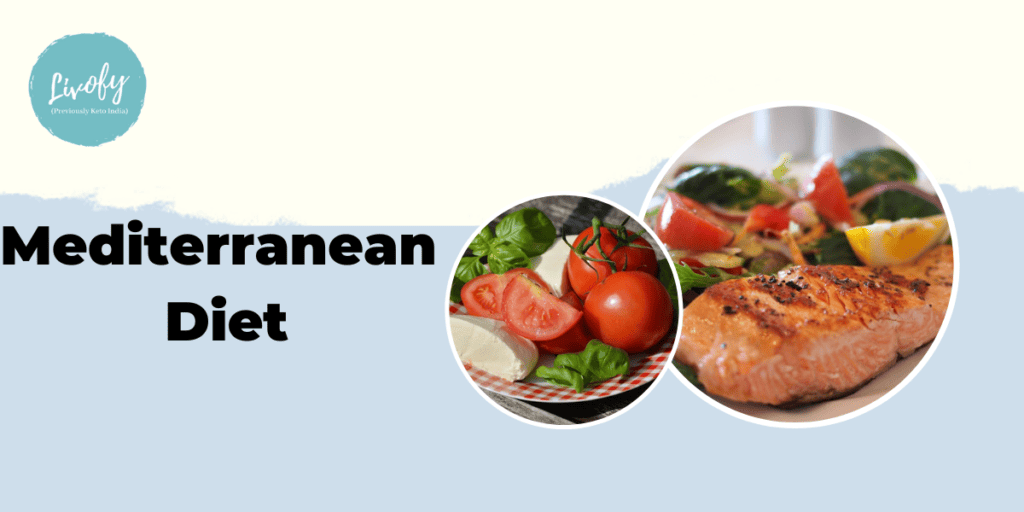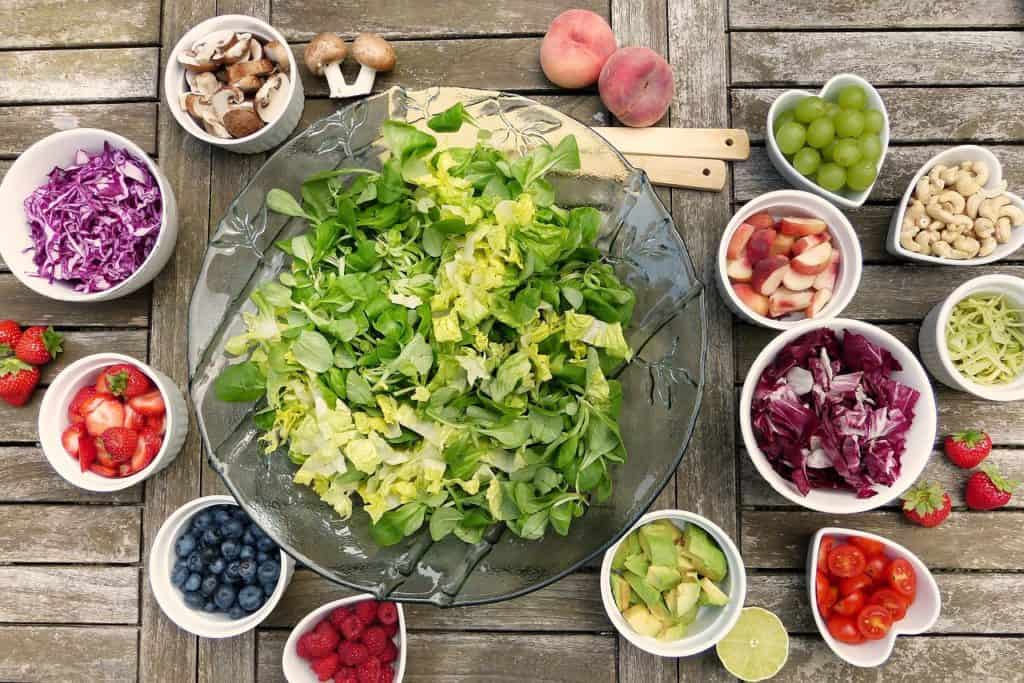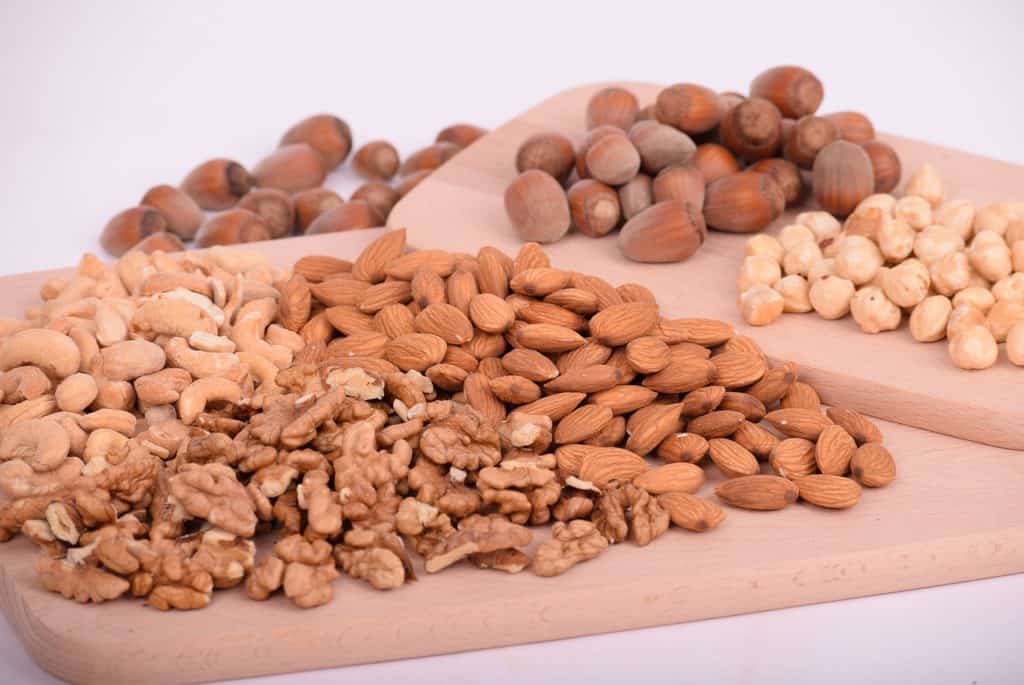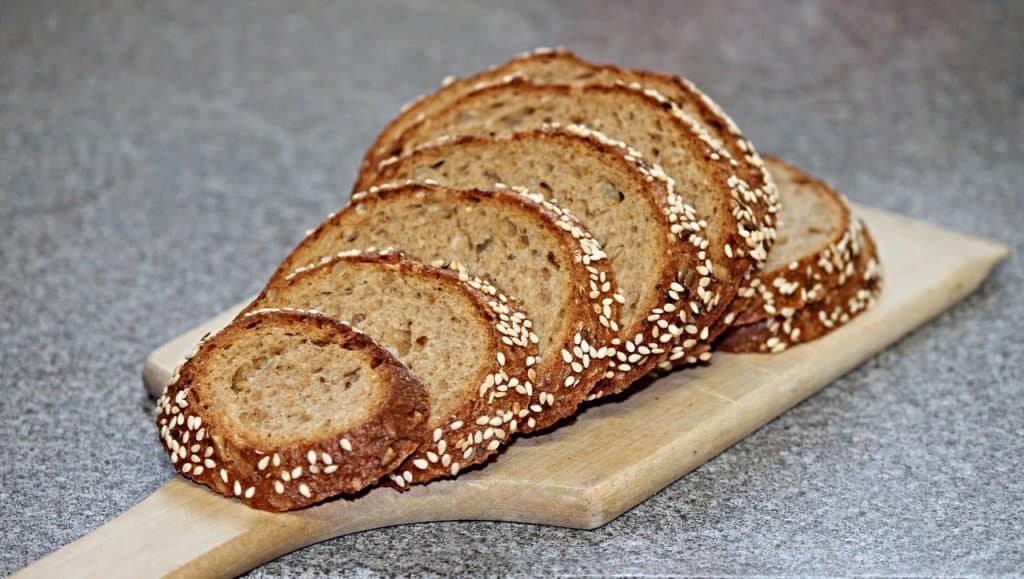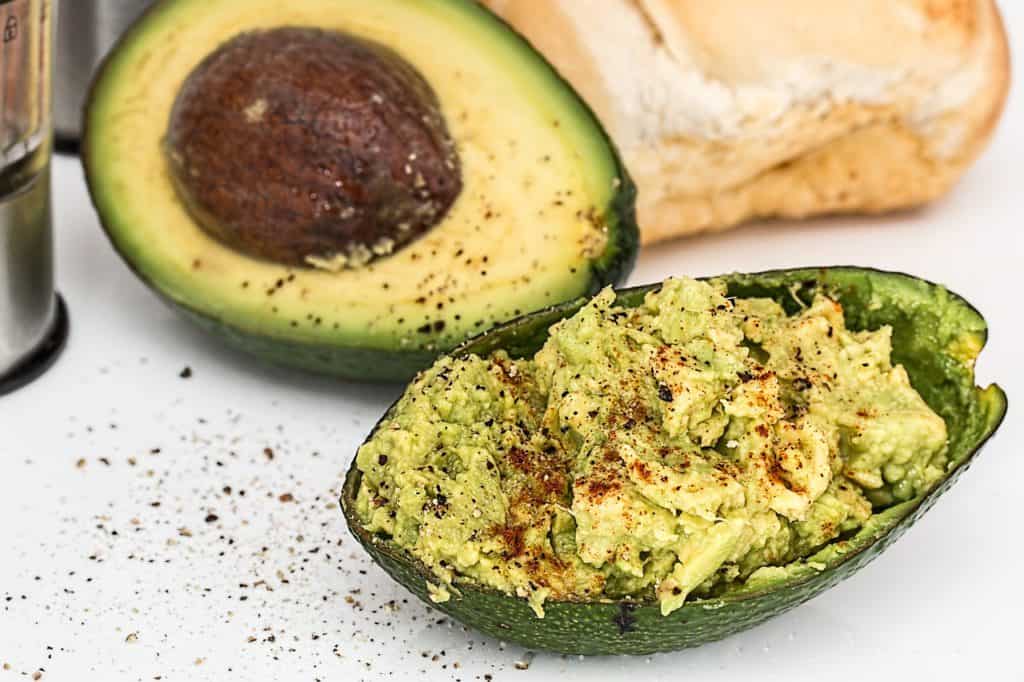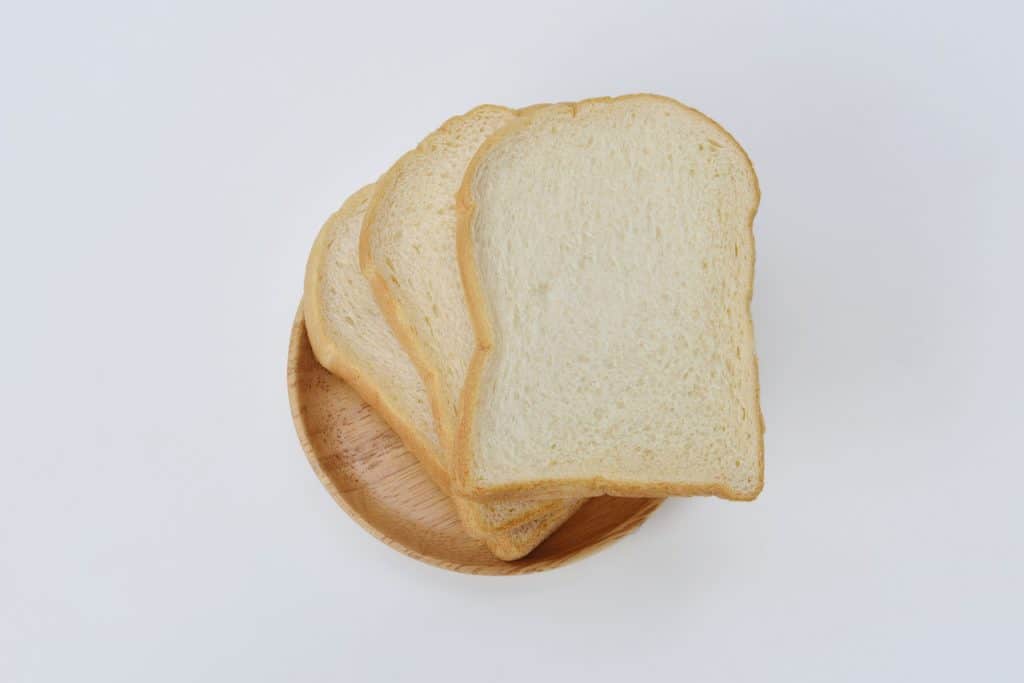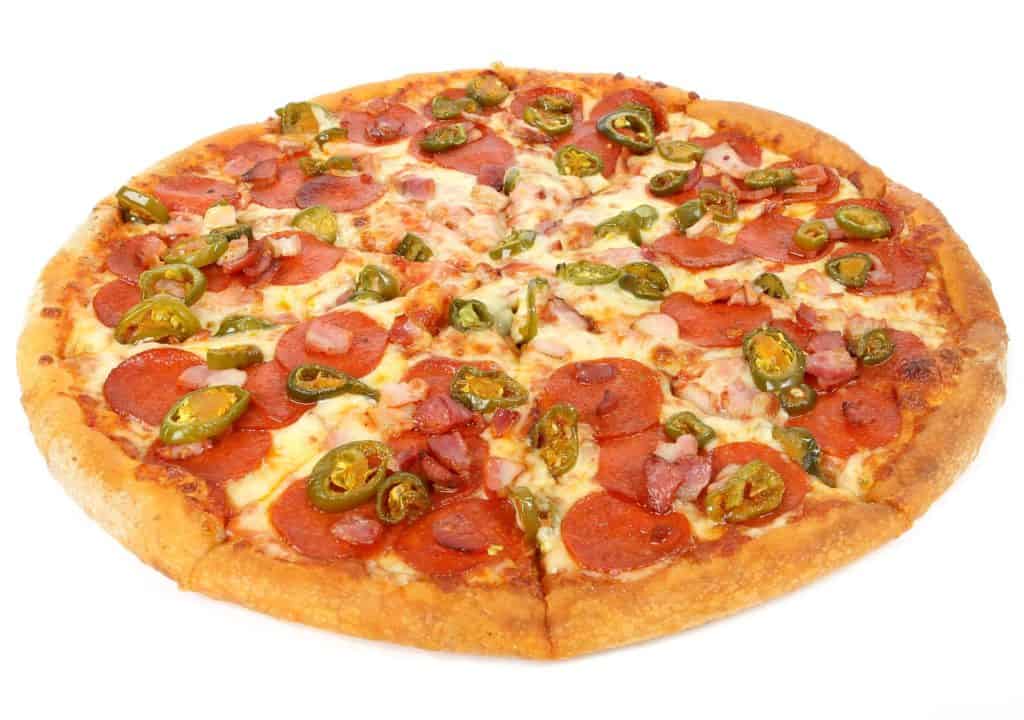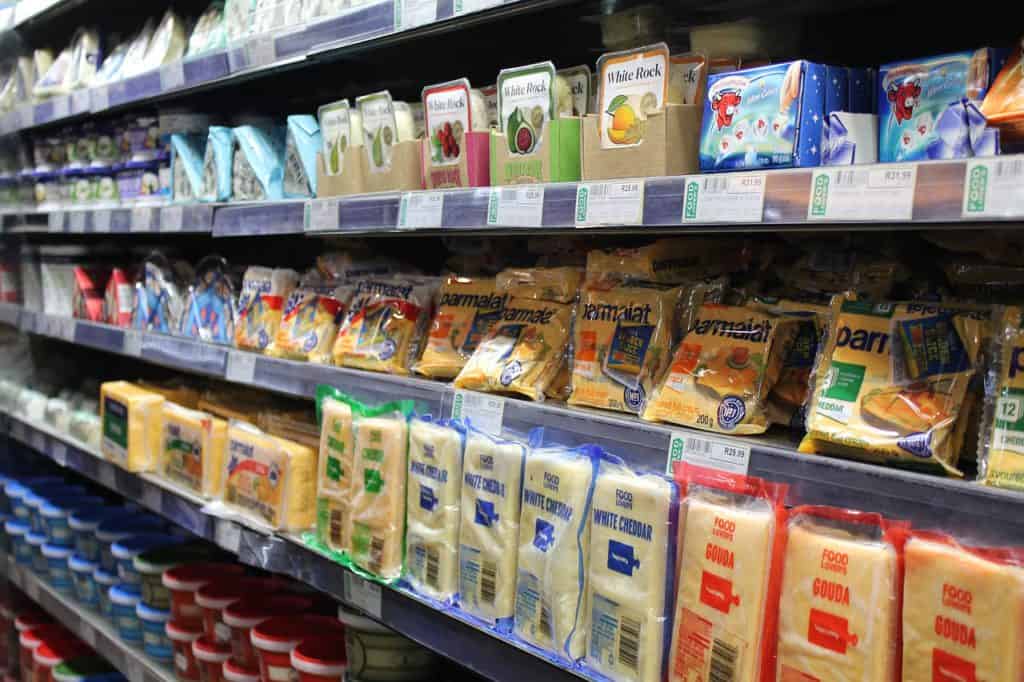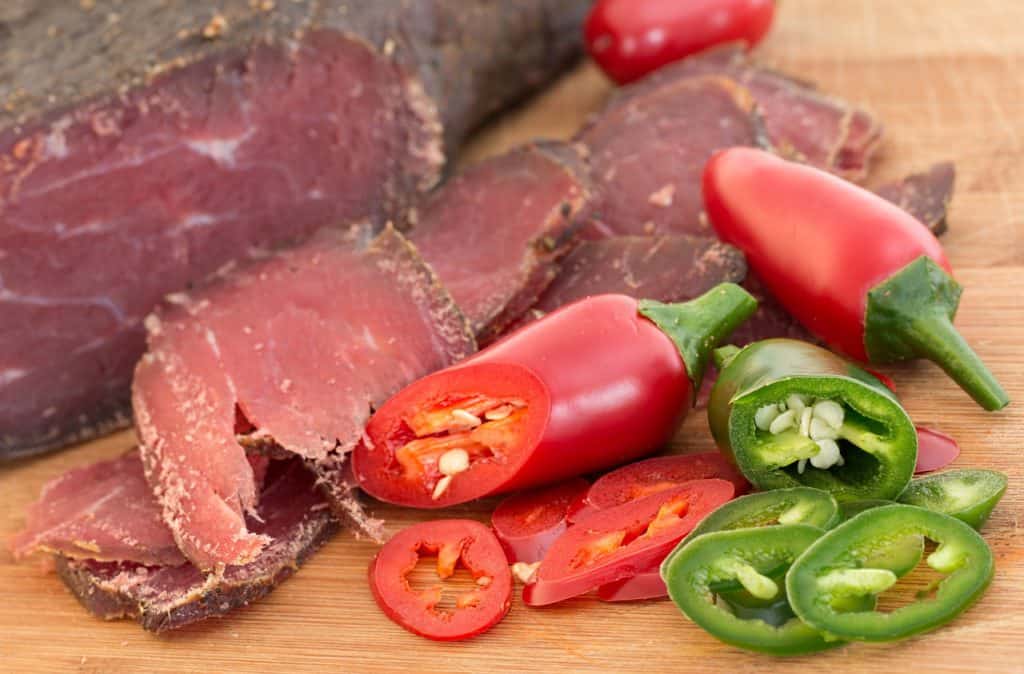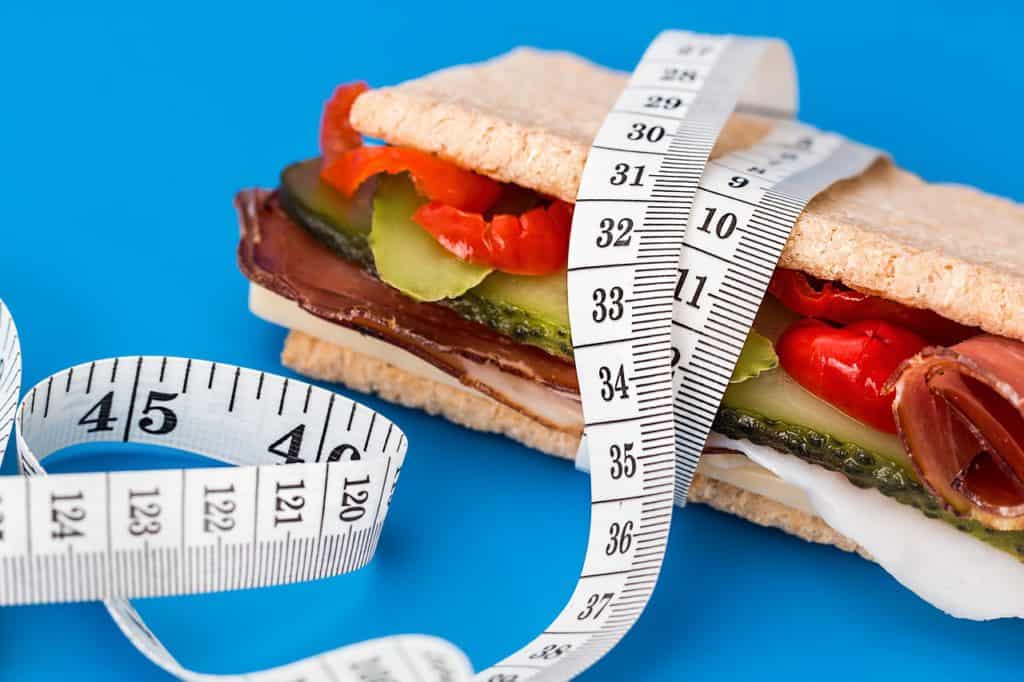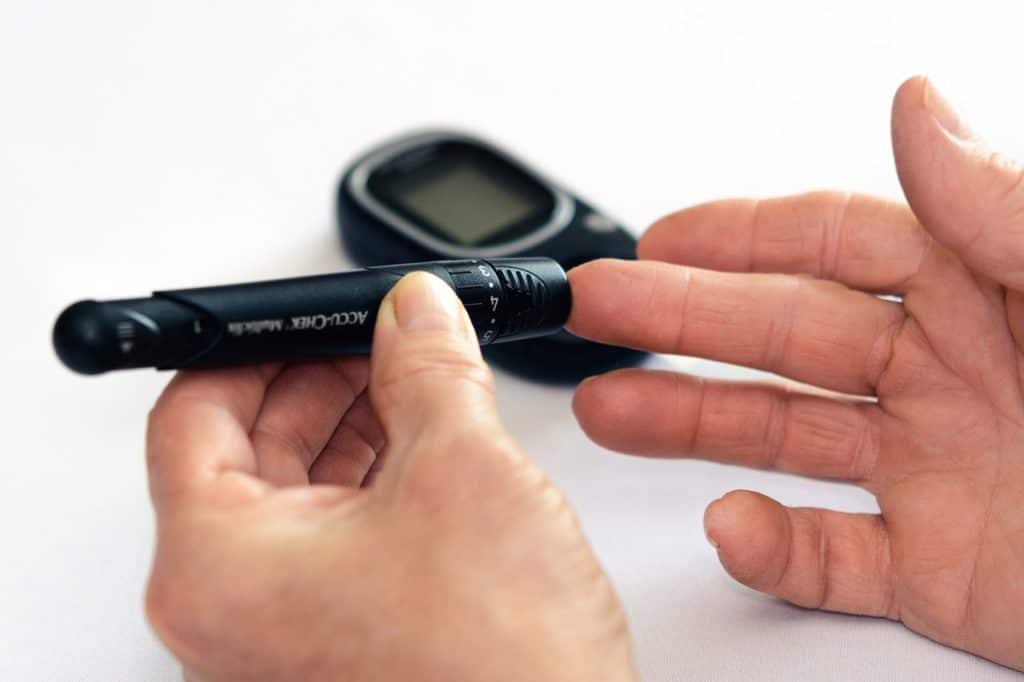Have you ever heard of a Mediterranean diet? It originated in the countries that surround the Mediterranean Sea such as Greece, Portugal, Spain, and many more. The Mediterranean diet consists is rich in fruits, vegetables, whole grains, olive oil, and fish. The origins of the Mediterranean can be connected to the Greeks and the Romans who loved olive oil and legumes. It was a huge part of their main diet.
The Mediterranean diet offers a lot of health benefits such as reduced chances of suffering from a heart attack or a stroke, better blood sugar regulation, and reduction in the overall cholesterol of the body. This blog will tell you all you need to know about the Mediterranean diet and the Mediterranean diet food list.
What is a Mediterranean Diet?
The Mediterranean diet is consumed in countries that are close to the Mediterranean Sea such as Portugal, Greece, Spain, and many more. It is rich in fruits, vegetables, legumes, fish, and olive oil. The origins of this diet can be traced back to the Romans and the Greeks who loved consuming olive oil and legumes.
It was a huge part of their diet. The Mediterranean diet offers a lot of health benefits as well such as low cholesterol levels, better blood sugar regulation, and reduced chances of suffering from a stroke or a heart attack.
To know more about foods and diets that can improve your heart and brain health, take a look at our health blogs
How to follow a Mediterranean Diet?
You can easily follow a Mediterranean diet. The foods in this diet are easily available everywhere.
- Add more fruits, vegetables, and legumes to your diet. These are really low in calories and fat and are rich in fiber and various vitamins and minerals.
- Eat more lean sources of protein such as fish, poultry, and beans. These are all low in fat and high in protein. You can also eat lean cuts of meat.
- Replace your regular oil with olive oil. It is much healthier and offers a lot of health benefits. Olive oil has antioxidants in them which helps the body to fight against free radicals.
- You can also add some red wine to your diet and drink it in moderation. It has a lot of antioxidants which are good for your health.
Foods to Eat on Mediterranean Diet
There are many foods that are a part of the Mediterranean diet. These foods are really high in nutritional value and are really beneficial for health as well. Given below is a Mediterranean diet food list.
- Vegetables & Fruits
- Nuts & Seeds
- Whole Grains
- Eggs & Poultry
- Dairy Products
- Healthy Fats
Vegetables & Fruits
When it comes to foods that are really high in nutritional value fruits and vegetables are one of them. They offer a lot of vitamins and minerals and various antioxidants which can be really beneficial for the body. Fruits and vegetables are really high in fiber, meaning they fill you up which reduces your urge to eat more. If you are on a weight loss journey then you can calculate the calories in your fruits and vegetables with a Food Calorie Calculator
This can be really vital if you are trying to lose weight. Also, fiber helps in digestion and helps in lowering blood sugar levels. Hence, fruits and vegetables should definitely be a part of your Mediterranean diet food list or Mediterranean diet meal plan.
Nuts & Seeds
Nuts and seeds are a great part of the Mediterranean diet. These are really nutrient dense and also offer a lot of health benefits. Nuts and seeds contain good fats which are essential to ensure good cardiovascular health. The antioxidants in nuts and seeds also help the immune system. Also, nuts and seeds are really good for the skin. They keep the skin healthy and hydrated. To know how to benefit from adding nuts and seeds into your diet you can take the help of a health plan. Buy Health Plans
If you are just getting started with the Mediterranean diet then make sure nuts and seeds are a part of your Mediterranean diet food list.
Whole Grains
Whole grains contain all the parts of the kernel, namely the bran, germ, and endosperm. These 3 parts of the grain offer various nutrients. Whole grains are a lot better than refined grains where the majority of the nutrients and the parts of the kernels are removed and what you are left with offers you no nutritional value and is really bad for your health as well.
Whole grains on the other hand contain fiber which keeps you full for longer. They also contain various vitamins and minerals which are essential for the body. Always pick whole grains over refined grains in your Mediterranean diet meal plan.
Eggs & Poultry
You won’t find a Mediterranean diet food list without eggs and poultry. When it comes to protein, there is a non-other better source of complete protein than eggs. Eggs are low in calories and offer your a complete source of protein. This means it has all the essential amino acids which are required for the growth and repair of muscles in the body. Other sources of complete protein are fish, chicken, and various lean cuts of meat.
Dairy Products
Dairy products like milk and cheese are also a part of the Mediterranean diet. They contain protein and calcium which is essential for the bones and muscles in the body. There are certain dairy products that also contain potassium which is necessary for good heart health. Foods like cheese and milk should be a part of your Mediterranean diet meal plan.
Healthy Fats
If you eat a Mediterranean diet then chances are you are consuming good amounts of healthy fats. Your body needs healthy fats to maintain good cardiovascular health. The foods in the Mediterranean diet such as fish, olive oil, nuts, and seeds offer healthy fats. You can benefit highly from adding nuts and seeds to your Mediterranean diet meal plan.
Foods To Avoid in Mediterranean Diet
The Mediterranean diet is healthy for sure but there are some foods that should never be a part of your Mediterranean diet food list such as
- Added Sugar
- Refined Grains
- Trans Fat
- Processed Foods
- Processed Meats
Added Sugar
Excess sugar should never be a part of your Mediterranean diet. Sugar if consumed in excess amounts can harm your health. It can lead to conditions like Type 2 Diabetes and High Blood Pressure. If you have a sweet tooth then you can add healthy alternatives to sugar to your diet such as stevia.
Refined Grains
Refined grains go through a process that removes the bran and the germ from it. This makes it easier to digest but also removes a lot of nutrients from it. Since all of the fiber and other nutrients are extracted away from these grains they end up elevating your blood sugar levels when you consume them. These grains are used to make a lot of products such as white bread, white pasta, and pastries which are really unhealthy.
Trans Fat
Trans fat is a type of unsaturated fat that is found in various meat and dairy products. Trans fat are not good for the body and they elevate the bad cholesterol in your body which can worsen your cardiovascular health. Trans fat can be found in a lot of foods such as fried foods, dairy products, and meats. Hence, it is best to avoid adding foods that contain transfat into your Mediterranean diet food list.
Processed Foods
Processed foods should never be a part of your Mediterranean diet. They are filled with unwanted sugar, salt, and preservatives. If consumed in excess it can lead to various chronic conditions like Type 2 Diabetes. Thefore it is best to stick to unprocessed foods in your Mediterranean diet food list.
Processed Meats
Meat is a great source of protein but problems arise when these meats are processed which makes them unhealthy. Processed meats are really high in calories as well as unhealthy fats which makes them really bad for your cardiovascular health. Consumption of processed meats can also increase the chances of developing cancer and heart disease. Hence, you should make sure to only add lean meats to your Mediterranean diet food list.
Mediterranean Diet Recipes
Following the Mediterranean diet does not have to be boring. There are a lot of recipes you can make at home which are not only delicious but will also satisfy your taste buds.
Quinoa Vegetable Salad Recipe
This recipe is filled with fiber and various essential vitamins and minerals which are required by the body. This recipe is not only low in calories but also really filling. Quinoa is a great source of carbs, protein, and fiber and is also low in calories which makes it a great alternative to rice. You can have this recipe for breakfast, lunch, or dinner. You can add this recipe to your Mediterranean diet meal plan.
Pumpkin Papaya Superfood Bowl Recipe
Pumpkin contains abundant amounts of Vitamin A which is really good for eye health, immunity, and growth of the cells. It also contains copper which helps in the absorption of iron in the body and also promotes brain function. Papaya on the other hand is not only delicious but it also contains an enzyme called Papain which helps in the better digestion of protein. This recipe is filling and nutritious.
Chicken Soup Recipe
Chicken soup has been a part of various cuisines around the world for centuries. It is healthy as well as really nutritious. Did you know that chicken soup can help you in reducing inflammation in the body and also boost your immune system? Chicken soup can also heal the damaged cells in the body due to the presence of amino acids and zinc. Add this recipe to your Mediterranean diet meal plan to enjoy its benefits.
Benefits of the Mediterranean Diet
The Mediterranean diet has been there for centuries. Following it can offer you a lot of health benefits. Let’s take a look.
- Mediterranean Diet helps with Weight Loss
- Mediterranean Diet promotes heart health
- Mediterranean Diet supports healthy blood sugar levels
- Mediterranean Diet protects Brain Function
Mediterranean Diet Helps With Weight Loss
If you want to lose weight then there are a few things you have to take care of like – the foods you eat should be low in calories, and they should be high in fiber and protein. The Mediterranean diet seems to check all the boxes in this regard. If you look at the Mediterranean diet you will notice that it is filled with foods that are low in calories and rich in fiber and protein.
By following a Mediterranean diet plan you can lose weight. Fruits, vegetables, beans, and legumes are all filled with fiber. Consuming fiber-rich foods makes you full for longer which will stop you from eating more. This will reduce the overall calories you consume in a day which will help you to shed some weight. Hence, make sure to add fiber-rich fruits and veggies to your Mediterranean diet food list.
Mediterranean Diet Promotes Heart Health
The Mediterranean diet is abundant in monosaturated fats which are beneficial for the heart. Foods such as nuts and seeds, avocados, and olive oil contain healthy fats. This reduces the bad cholesterol present in the body and increases the good cholesterol. It is also high in antioxidants which help the body to fight the free radicals which play a role in the development of heart disease. Therefore, following a Mediterranean diet plan can be really beneficial for you.
Mediterranean Diet Supports Healthy Blood Sugar Levels
Mediterranean diet can also help to control the blood sugar levels in the body. The diet is filled with fiber which helps to reduce blood sugar spikes and slow down the absorption of glucose into the blood. The monounsaturated fats present in the Mediterranean diet help to improve insulin sensitivity in the body. Foods of the Mediterranean are also plant-based and are low in calories. Hence, a Mediterranean diet plan can be really beneficial for people with Diabetes.
Mediterranean Diet Protects Brain Function
The benefits a Mediterranean diet provides are not just limited to the body. Following a Mediterranean diet plan can also prove to be really good for the brain as well. The high antioxidant content present in this diet helps the body to fight against free radicals which cause diseases like Parkinson’s disease. The diet is also really rich in omega-3 fatty acids which helps to improve cognitive function in the brain.
Expert Review on Mediterranean Diet
Mediterranean diet is prevalent in countries close to the Mediterranean Sea. Countries like Greece, Spain, Italy, and Portugal. The diet has many advantages when it comes to health. It is high in fiber which helps to regulate your blood sugar levels, it is high in healthy fats which are responsible for good cardiovascular health, it is also rich in protein which is essential to build and repair the muscles in the body. Does not matter what country you live in, you can follow a Mediterranean diet plan to get its health benefits.
FAQs
What do you eat on the Mediterranean diet?
The Mediterranean diet consists of fruits, vegetables, fish, olive oil, various nuts and seeds, beans, and legumes. These foods have a really high nutritional value and can help the body in a variety of ways such as good cardiovascular health.
Is Rice OK on a Mediterranean diet?
You can have rice in a Mediterranean diet but it has to be brown rice. It is a lot better than white rice as it offers more nutrients.
What is a typical Mediterranean breakfast?
A typical Mediterranean diet from Spain and Italy consists of toasted bread, soft cheese, and fresh juice. In Greece, it is paximadia bread, olives, and cheese.
What is not allowed on the Mediterranean diet?
Processed foods, foods high in sugar should not be a part of the Mediterranean diet since they are unhealthy and can lead to various chronic health conditions.
What is the Mediterranean diet in India?
In a Mediterranean diet, you will have foods such as various fruits and vegetables, fish, olive oil, and brown rice.
What are some famous foods of the Mediterranean?
Some famous foods of the Mediterranean are falafel, Hummus, and Gyro.
Which foods of the Mediterranean are good for the health?
Foods from the Mediterranean are really good for your health. These include – leafy greens, fruits, seeds, nuts, and fish.

